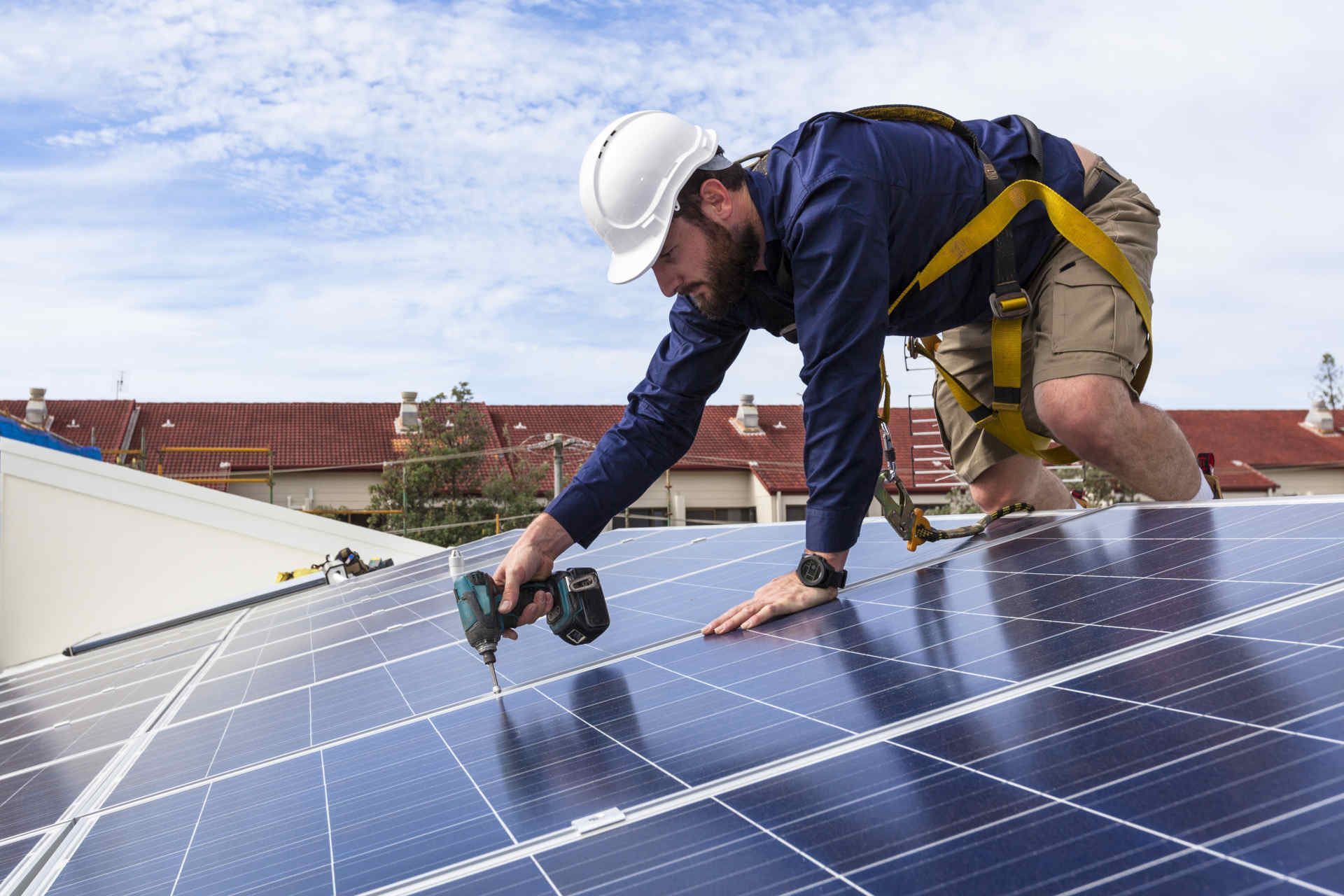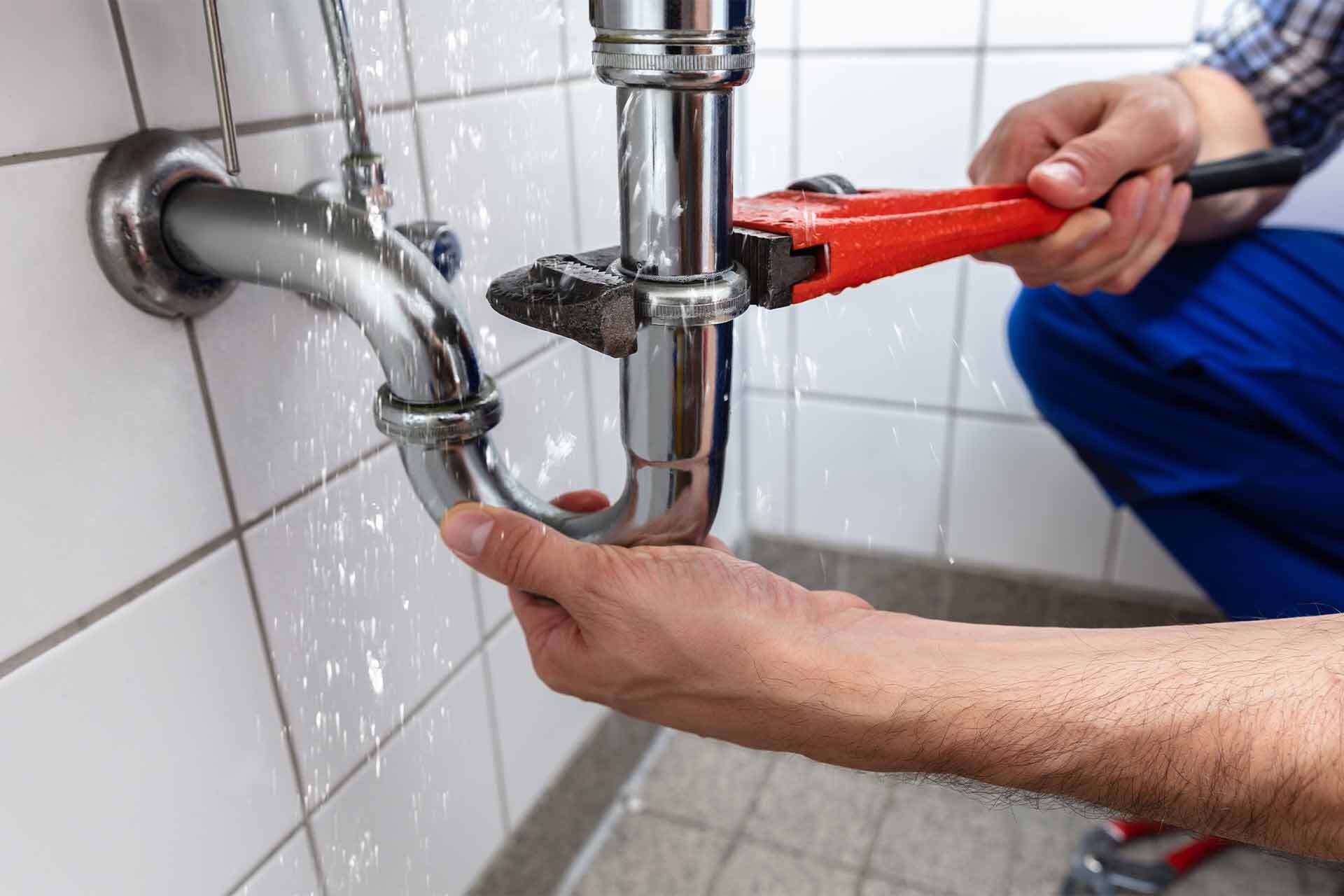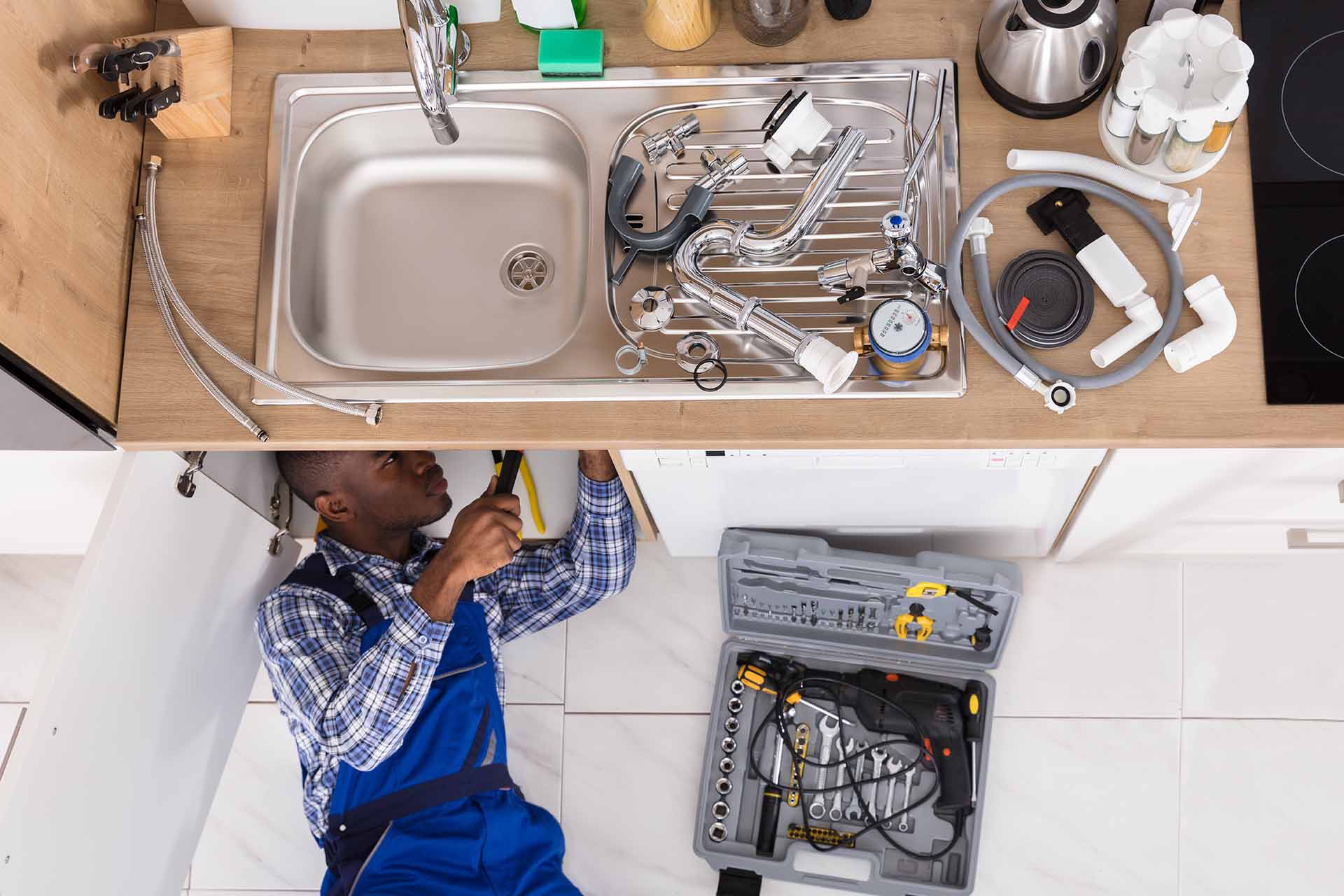Blog>Expert Advice>Slow draining sink: Problem solve and solutions to fix it
Last updated: 7 March 2024
Slow draining sink: Problem solve and solutions to fix it
A slow draining kitchen or bathroom sink can be downright disruptive. It stops you prepping food, washing the dishes, or even washing yourself. But, once you know where the problem lies, finding the right fix is easy. Read our full guide for more.
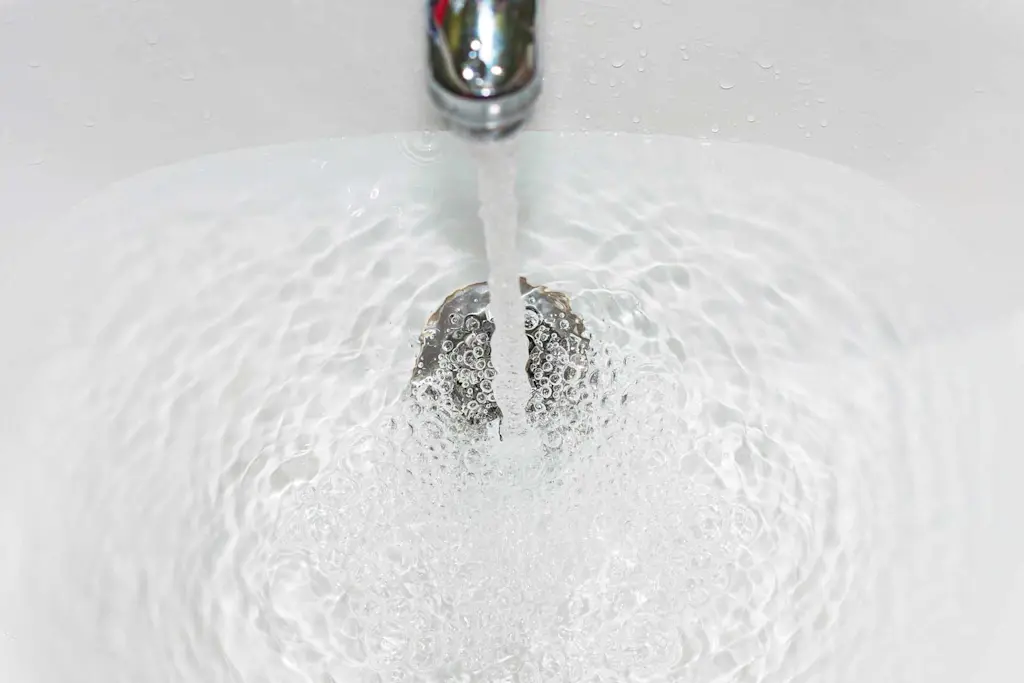
Slow-draining sinks are a complete pain. But, if you arm yourself with a bit of know-how, you can quickly fix your slow-draining sink.
Understanding your plumbing issues can help you find the quickest, easiest, and most effective fix.
Luckily, there are many tried and tested solutions for a slow-draining sink. But knowing when your plumbing problem is a home or professional fix is essential.
Follow on for a deep dive into slow-draining sinks and their home remedies.
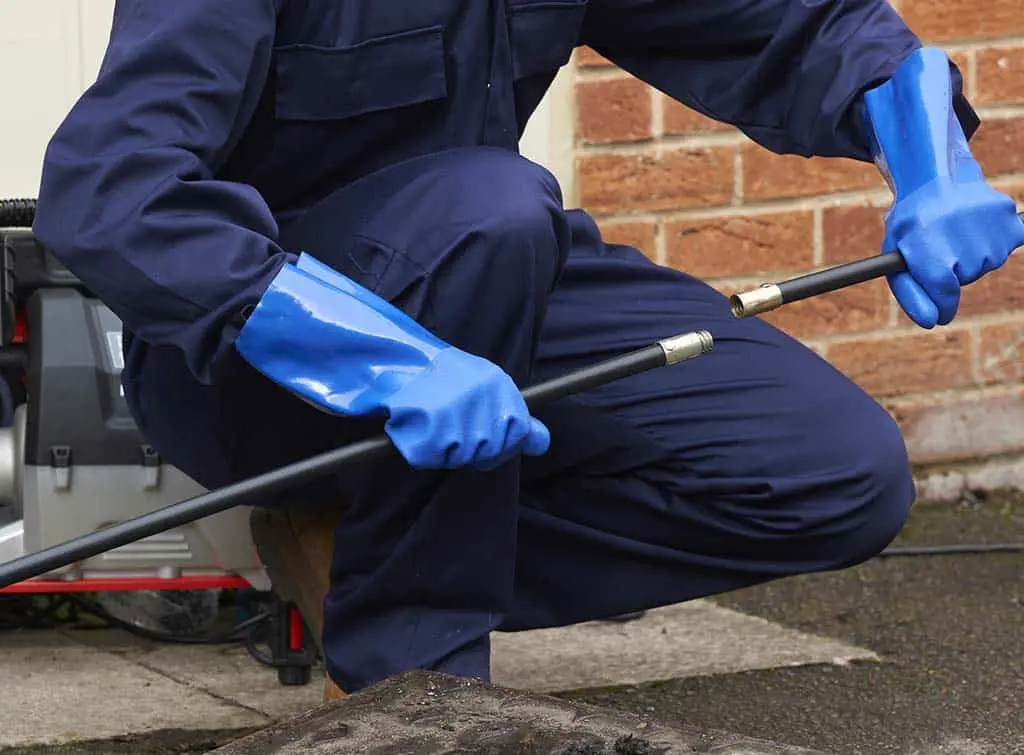
Why are all my drains running slow?
A slow-drain bathroom sink can suffer a buildup of soap scum, hair, toothpaste or other debris.
A kitchen sink slow draining could also be due to a buildup of grease, oil, food and mineral deposits. Even a buildup of sand and tree roots can clog your drains.
But, if all of your drains run slowly, the villain might be scarier than clogged drains. A more severe blockage might be hiding further down your drains. Or, inadequate venting or sewer line problems could be lurking.
In these instances, it's best to call in the professionals.
A reliable plumber can accurately diagnose the underlying issue and find the most long-lasting solution.
Find a trustworthy plumber near you.
See the tradespeople we've checked and recommend for your job
What is the best solution for a slow drain?
Answering 'how do you fix a slow draining sink' depends on the issue. Your sink might need some DIY drain cleaner. Or, a plumber might need to unblock a drain.
But, more severe blockages or problems with your pipes might need a professional to diagnose and complete a repair.
Keep reading to find out if and how to fix a slow sink drain yourself.
How can I make my drain flow better?
Your best bet is to put some preventative measures in place to keep your drains clear and dry.
But, even if your drain is blocked, you can improve the flow with remedial work.
Visual check your sink for any apparent blockages. Remove the drain cover and peer inside with a flashlight.
If any hair, debris, or small kids' toys are stuck in your drain - you'll see them.
Check out our drain unblocking costs if you suspect a more severe problem.
8 slow-draining sink solutions to try before calling a professional
We have eight easy home fixes, so you know how to fix a slow sink drain.
1. Pick a plunger
Now that you've found the blockage, you can attack it with a plunger.
But a plunger also works well when you can't find any apparent blockages. It will dislodge any clogs you can't see because they're further down the drain.
Make sure there's enough water to cover the plunger. Then, create a tight seal around the drain and give it a firm plunge.
2. Opt for boiling water
The simplest of solutions can be the most effective. Use hot water to dissolve grease and other debris, improving the drainage.
Carefully pour a kettle of boiled water down the drain in stages.
3. Dabble with a drain snake
A drain snake, or auger, is a helpful tool for stubborn drain clogs. Put the snake into the drain and rotate it clockwise.
It will hook onto any debris hanging around your drains. Pull out the snake carefully, taking any clogs with you.
We've got more tips in our guide, 'how to unblock a drain'.
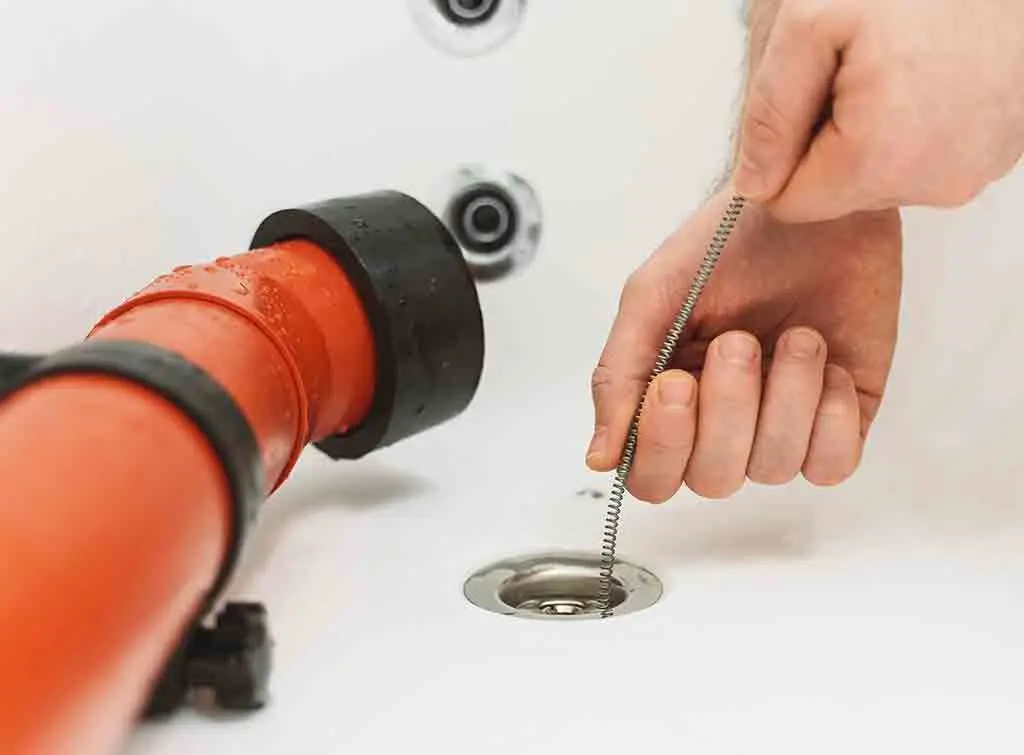
4. Ditch debris with a drain zip tool
A drain zip tool is a popular solution for a slow-drain bathroom sink because it's cheap and easy.
This flexible two-foot plastic zip tie resembles a snake and has barbs or bristles. It is excellent for catching hair and soap scum.
5. Try an eco-friendly home remedy
Make your own natural and eco-friendly DIY drain cleaner to avoid chemicals or toxins in your home.
Just use baking soda and vinegar to break down the grime that builds up in drain pipes.
Pour a half cup of baking soda down your drain, then half a cup of vinegar. Watch science doing its work. It will bubble and fizz!
Leave this to sit for 15 to 30 minutes, then flush with hot water for a fast-draining sink.
6. Consider chemical drain cleaners
You can try chemical drain cleaners if the more eco-friendly drain unclogging trick isn't cutting it.
But always exercise caution with this method. Always follow the manufacturer's instructions.
Otherwise, you might damage your drains or put your home's occupants at risk.
7. Clean your stopper
The stopper is the small raised metal device used to plug the sink's drain on command.
It's an absolute hotbed for soap scum, grime, hair and other nasty bits. But cleaning the pop-up is helpful if your drain zip or snake tool can't clear the debris.
Usually, pop-up sinks are attached to the drain just under the sink and held in place with a nut.
Reach behind the drain pipe under your sink to locate the pop-up nut. Then, remove the pop-up from the sink to drain, clean, and reinstall.
8. Prep the P-trap
When all other methods fail, try unclogging your P-trap. The P-trap is the drain pipe under the sink with a bend that looks like a 'P'.
Debris and gunk, like food, grease, and hair, love to build up and clog this U-shaped bend.
First, turn the water supply off to the sink, then unthread the slip nuts.
When removing the drain pipe, get a bucket ready to catch any water or debris. A wrench or Channellock pliers can help with tricky nuts.
Pull the trap to remove it, then clean the pipe before reinstalling it.
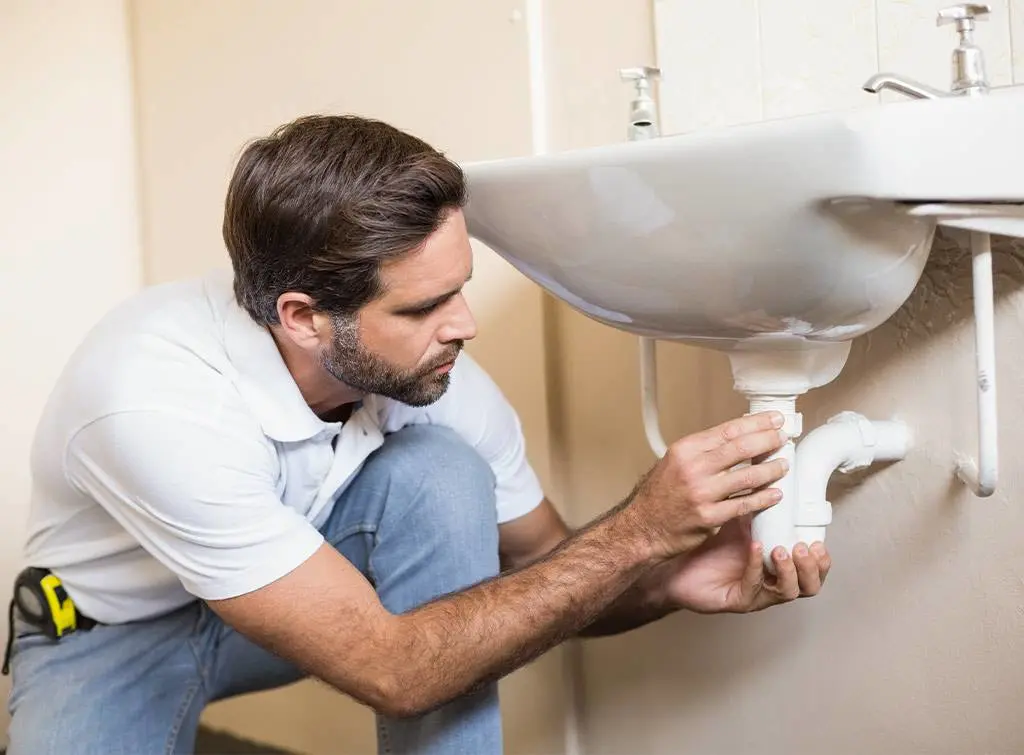
Bonus tips - preventing slow-draining sinks
Now your drains are clear and running nicely, you'll want to keep them that way.
You can avoid future clogs and slow-draining sinks with these top methods.
Avoid a smelly drain by not pouring any grease or oil down it
Try mesh filters to catch food particles like eggshells
Drain guards are a simple way to catch hair and other bits
Make sure your bathroom sink is only used for water, soap and toothpaste
Regularly clean your drains with baking soda and vinegar
Check and clean your sink stopper regularly
Flush with hot water often to prevent a buildup of draining clogging material
Find a qualified plumber to fix your slow drain sink
As you can see, a little TLC goes a long way in achieving hassle-free plumbing.
But, sometimes, DIY plumbing solutions just won't cut it. At times like those, calling in a professional is the best idea.
Search our leading directory to hire the best plumber if your sink is draining slowly.
Add your postcode below to get started.
See the tradespeople we've checked and recommend for your job
More Expert Advice Articles
More Plumber Articles
See the tradespeople we've checked and recommend for your job

